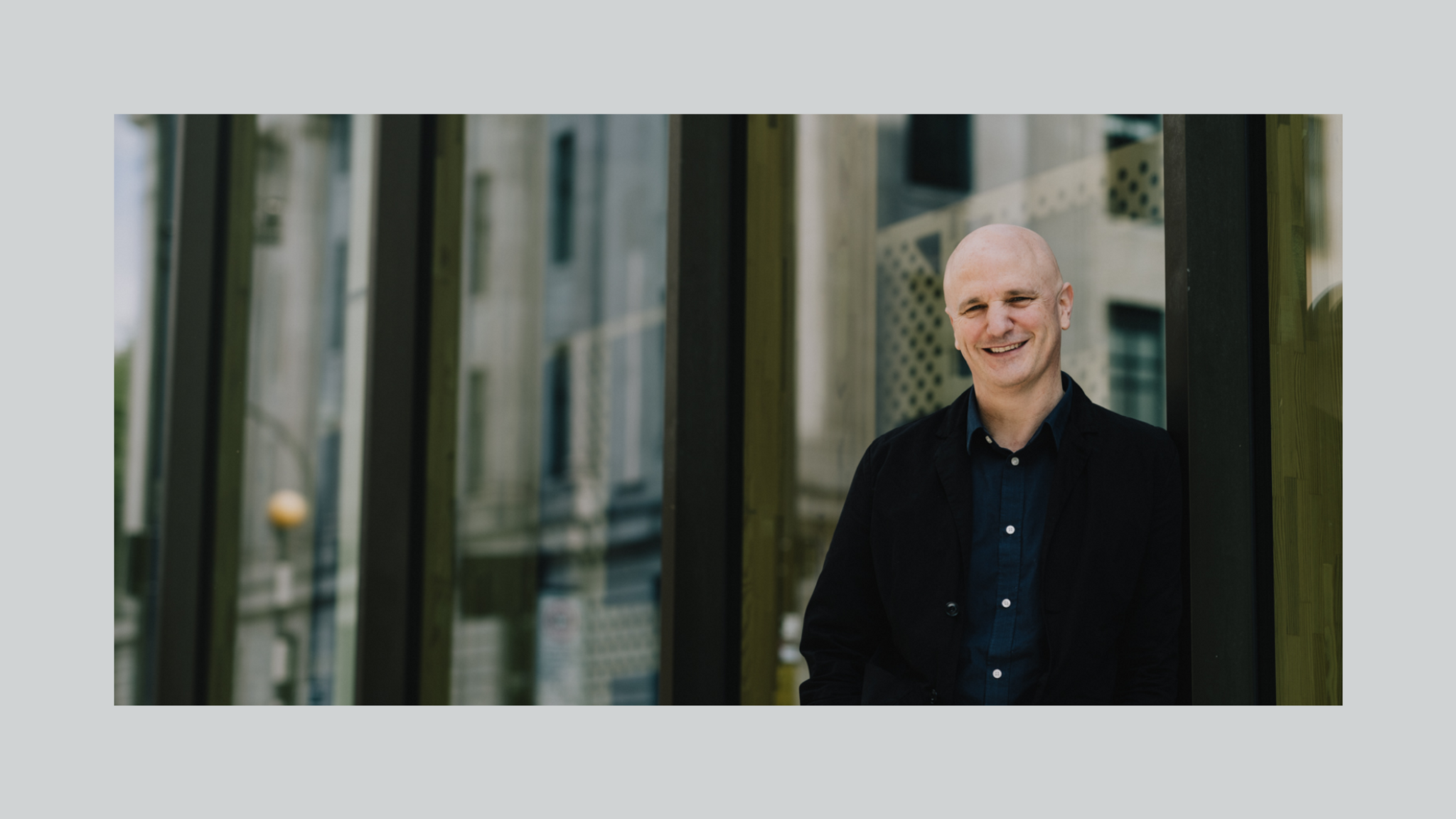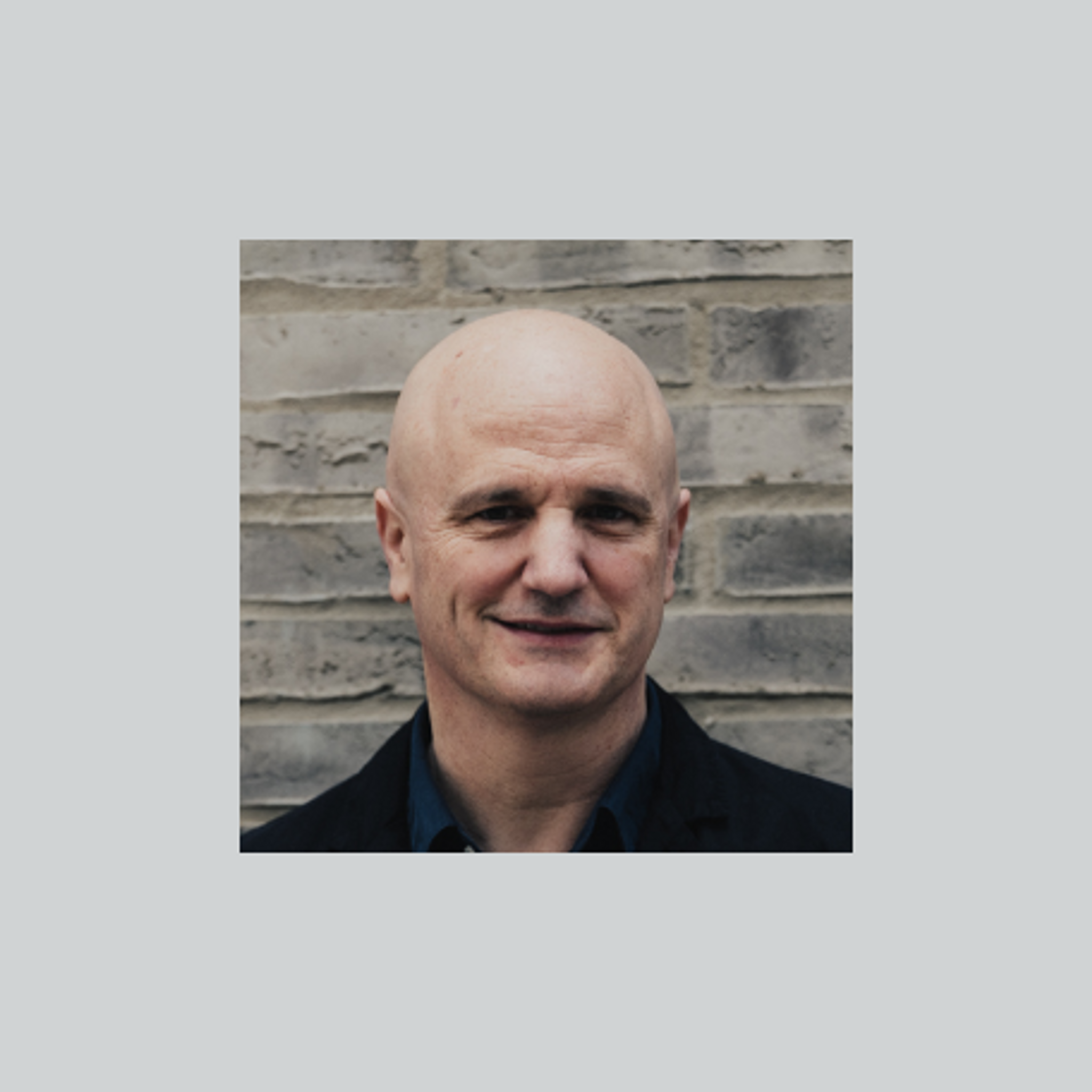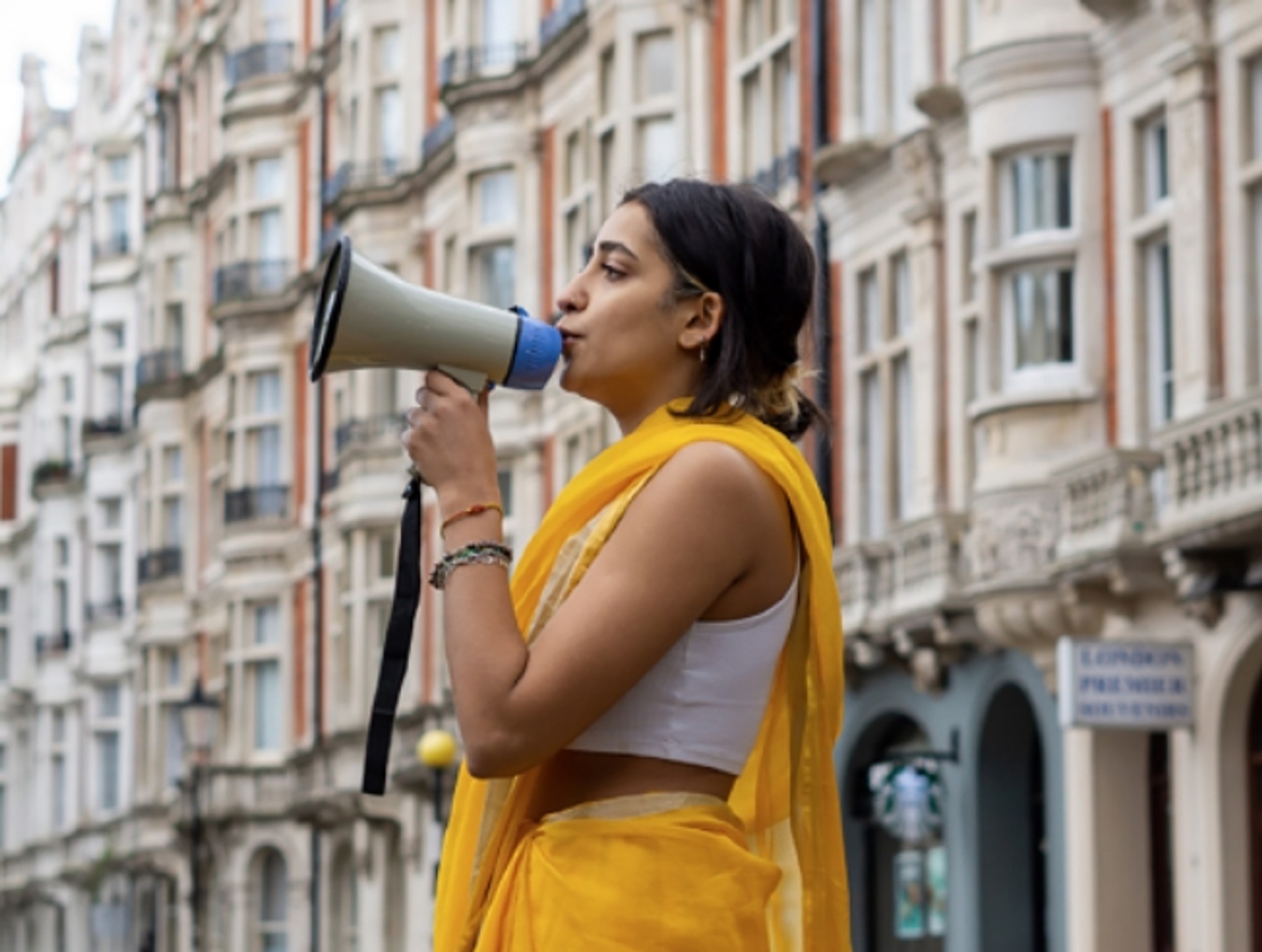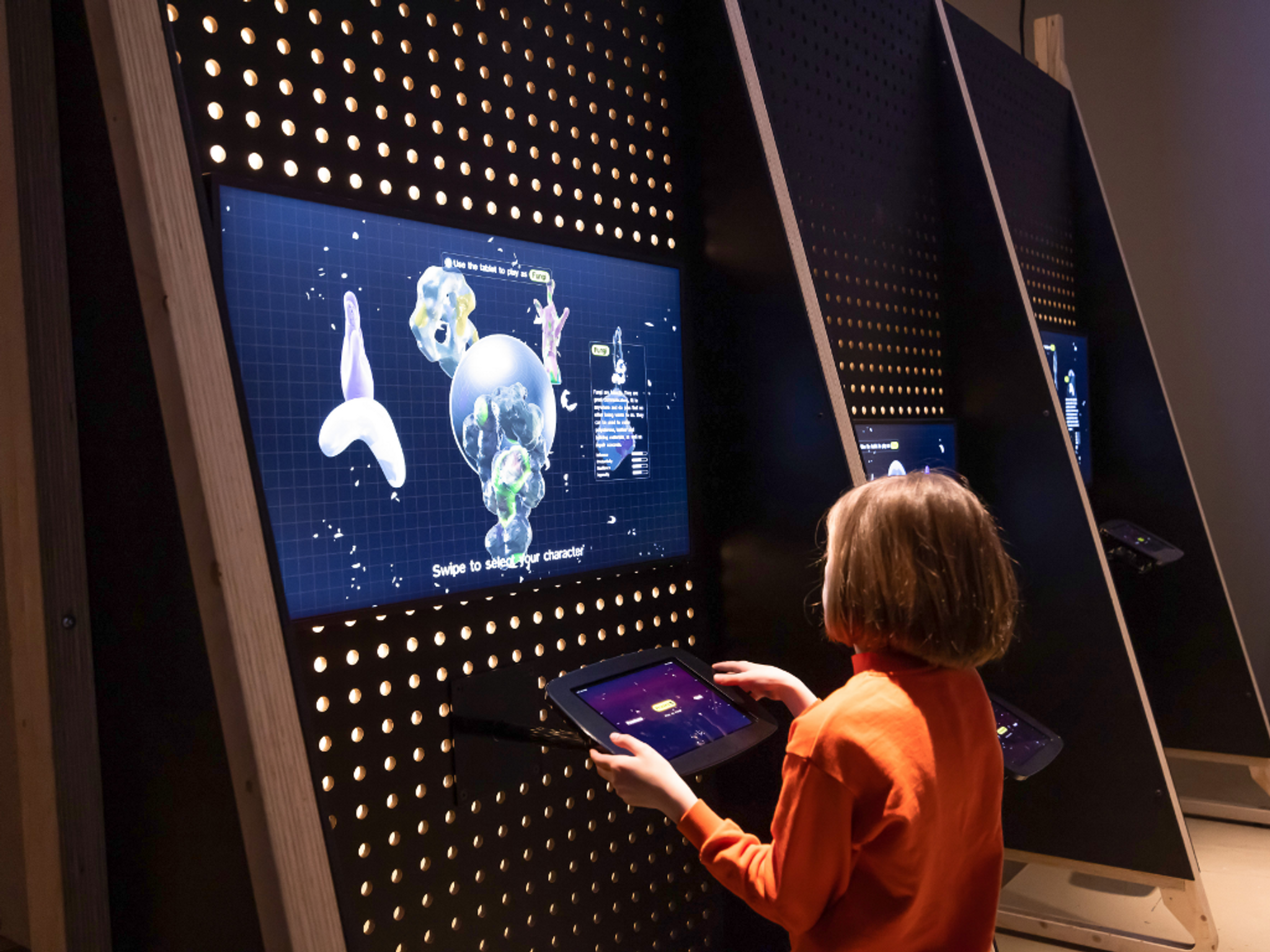Foreword from the Dean

Sharing is vital to how we tackle the climate crisis – which is a concern interconnecting all parts of The Bartlett, UCL’s Faculty of the Built Environment. Mobilising our expertise on sustainability and climate change is a shared endeavour and a reason for shared action. I believe that applying our knowledge to develop solutions to the climate crisis is one of the most important things we are doing.
One reason we care so deeply about climate change is because of the unequal effects it is having on people and places around the world. For us, addressing the climate crisis is also about addressing inequality – they are inseparable.
We have always known that built environments are shared and shareable, both with humans and the natural world. But the challenge we have in the world today is that we do not always share well or fairly – or in a way that looks out sufficiently for those who are vulnerable. This relates to so much of the work we are doing across The Bartlett, whether it’s tackling the housing crisis, understanding equitable access to natural resources and the unequal impacts of carbon emissions, or championing inclusive civic space and political discussion.
It’s also vital we think critically about how we share space – including the space of ideas – in our faculty. How do we want to collaborate and support each other within this very unique and highly interdisciplinary academic ecosystem? We must deliver ever more creative and inclusive ways to come together and share the many spaces of the faculty. Doing so in a way that brings in new voices, new expertise and people from more backgrounds is crucial for our future success. Some of that work is explored in our podcast on decolonising the built environment within this year’s edition of The Bartlett Review. We need to open up the curriculum to be more accessible, and open up the student experience to be more inclusive. Working on issues of equality, diversity and inclusion (EDI) is not about finding a quick fix; it’s about deep learning and a long journey of change.
We are also growing and creating new spaces for collaborative learning: the first building of the UCL East campus in the Queen Elizabeth Olympic Park in east London has now opened. Our spaces there are designed to be shared – with students and academics from across The Bartlett and UCL, as well as with external partners. From the Urban Room and Memory Workshop to the Connected Environments Lab, we are creating a highly collaborative and interdisciplinary set of spaces in active dialogue with the communities around us, whose future we want to support positively.
The wide-ranging impact of the work we do at The Bartlett was confirmed by the recent Research Excellence Framework (REF) results. Our research continues to be paradigm shifting – not just pushing the boundaries of what we know about the built environment, but making a difference and having meaning in the communities and cities with whom we partner.
Shared spaces matter because we need to find better ways to live together, with both people and planet. From physical structures through to economic and social systems, our work seeks to build shared spaces that are sustainable, just and healthy – for all.


